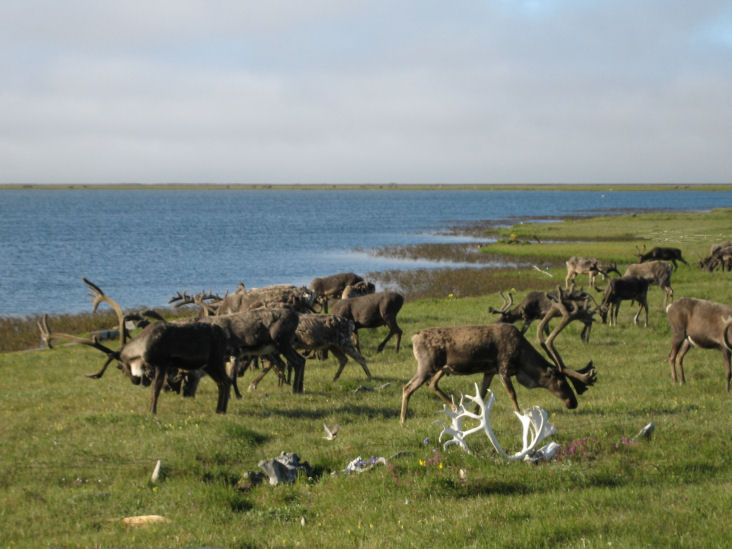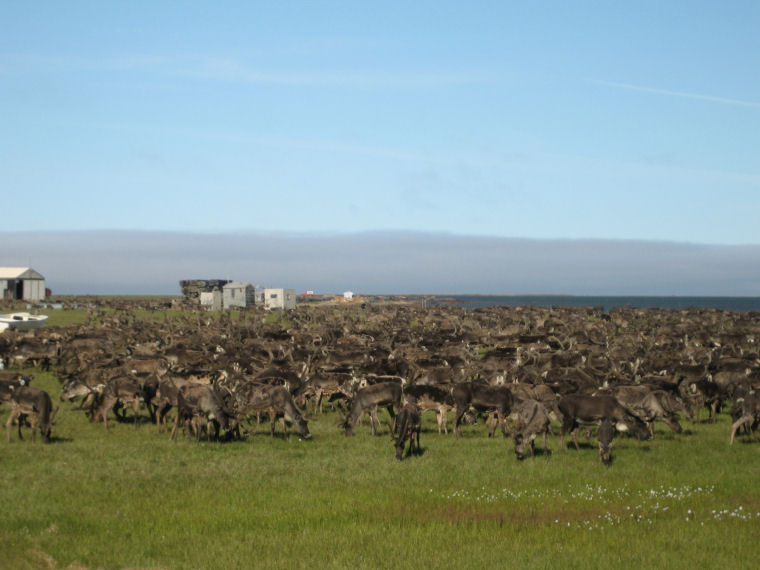As someone who has worked most of my sentient life to be more gentle and responsive (mainly because I had such a long road to walk in this area) I have always been a bit sensitive to the label of being pushy or bossy.
(This, of course, presupposes I wasn’t attempting to be either at the time of the observation.)
I don’t want to be rude, but I do want to be understood, and as long as I have the energy I won’t pretend to agree or it that doesn’t matter, when there’s a dispute of fact or emotional honesty.
If any reader has not heard me say it before, I strongly believe silence (in the vast majority of cases) is seen as agreement. Even permission.
If someone makes a joke at your expense and you don’t voice that it bothers you, watch out– you’ve tacitly given approval for that to repeat.
So when I’m trying to communicate something, I don’t (usually) like to quit before my point is made.
Tonight’s point, courtesy my gradually increasing awareness of Belarus: Belarus is distinct from Russia.
I was talking with someone about my story and she kept referring to the story as Russian. I protested/corrected that the right name was Belorussian (or some variant on that).
And in four or five iterations on a theme I continued insisting, no, they are not, and haven’t been, and are distinct, in their own culture, and background, from Russia.
“I’m not trying to be pushy,” I said, feeling horribly embarrassed to be arguing after so little time spent researching, but convinced and not ready to back down.
My interlocutor didn’t say she thought I was pushy (Mom did, though she clarified later that wasn’t bad). The woman did call me pedantic.
Not that that’s better, as the topic was already narrow and I hope I wasn’t “ostentatious.”
Why does this matter to me so much? I had to ask myself. And the answer came out more emotionally charged than I expected.
I have alway felt heartache for Korea– I know little about its now but I’m a bit more familiar with its past because of my folktale collecting. Best as I can tell it has been almost continually occupied or “influenced.” Many times horribly oppressed, it somehow maintained its own ethnic identity.
I had made the parallel leap to Belarus– though I’m sure it’s not unique in this position of maintaining identity through continued oppression.
If I didn’t already have the emotional connection to Korea, maybe it wouldn’t have mattered so much, but I did, so I just couldn’t let it go.
Finally, far past wishing the conversation was over, but feeling the point needed to be clear, I said, “Belarus is the European Korea. You can’t call it Russia any more than you can call Korea China or Japan because of their occupation or control.”
~
C.S. Lewis in his Mere Christianity argued that no impulse is utterly good or bad, some just need curbing more often than others, resulting in a negative label.
With both mother-love and sexual impulses there are situations where an excess is unhealthy, but that doesn’t make the impulses themselves wicked.
In a similar way “pedanticism” and pushiness more often than many other things must be curbed, resulting in my assumption that they are bad.
While discussing the incident with my mom later that evening she reminded me that, really, sometimes you need to be pushy to get something done.
I needed to be pushy because it was important to me, to be understood.
I appreciated her helping me think through this, because I’m still learning the maturity to evaluate the less-desirable behaviors and decide when they are appropriate.
No doubt there was, somewhere, a more mature way of handling the conflict that arose this evening. But as things fell out, my mind is now working in new directions, and I’ve usually found that to be healthy.
And, often, this opening of a new way of thinking becomes a training ground for the real-stakes event. Something where I have to know how to apply what I’ve learned.
Kind-of turns up the pressure to be an attentive student…


